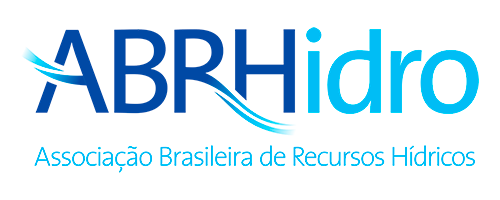XXV SBRH - Simpósio Brasileiro de Recursos Hídricos
Data: 19/11/2023 à 24/11/2023
Local: Centro de Convenções AM Malls - Sergipe
ISSN: 2318-0358
Mais informações: http://www.abrhidro.org.br/xxvsbrh
Monitoring subsurface hydrological processes using flux chambers: Potential applications, Challenges and Perspectives
Código
XXV-SBRH0204
Autores
João Braz Custódio de Oliveira, Arthur de Jesus Simas, Alexandre Muselli Barbosa, Juliana Gardenalli de Freitas
Tema
STE15 - Hidrologia Subterrânea: Modelagem, Monitoramento, Contaminação, Remediação e Avaliação de Risco (Groundwater Hydrology: Modeling, Monitoring, Contamination, Remediation and Risk Analysis)
Resumo
Brazil's vital water reserves, including aquifers, are threatened by anthropogenic activities which cause quantity and quality impacts. One significant impact for example, is groundwater hydrocarbon contamination. Different methods can be used to monitor and remediate these sites, such as Natural Source Zone Depletion (NSZD). The flux of vapors from the groundwater to the surface can be used to evaluate the efficacy of the remediation technique while also considering the associated greenhouse gas emissions and their contribution to global warming. Flux chambers are versatile monitoring tools used to assess vapor fluxes in various environmental applications, particularly in contaminated sites. This research examines the current state of flux chamber application, identifies challenges hindering its use and dissemination, and proposes future perspectives and design alternatives. A quantitative bibliographical survey was conducted using Scopus indexations to analyze the evolution of flux chamber publications from 1980 to 2023. Results showed a significant increase in publications during the 2000s, with a subsequent decrease after 2017. The majority of publications originated from the northern hemisphere, mainly the United States and China, while emerging countries like Brazil showed growing contributions. However, challenges such as short-term monitoring, lack of continuous data collection, absence of integrated systems, and limited availability and high cost of flux chambers in Brazil hinder their widespread use. By improving, standardizing, and disseminating flux chamber methods, this research aims to enhance monitoring capabilities, support sustainable remediation decision-making, and contribute to a better understanding of greenhouse gas dynamics and contaminating gases in the subsurface and surface.

